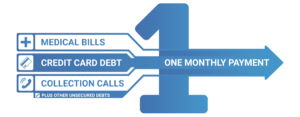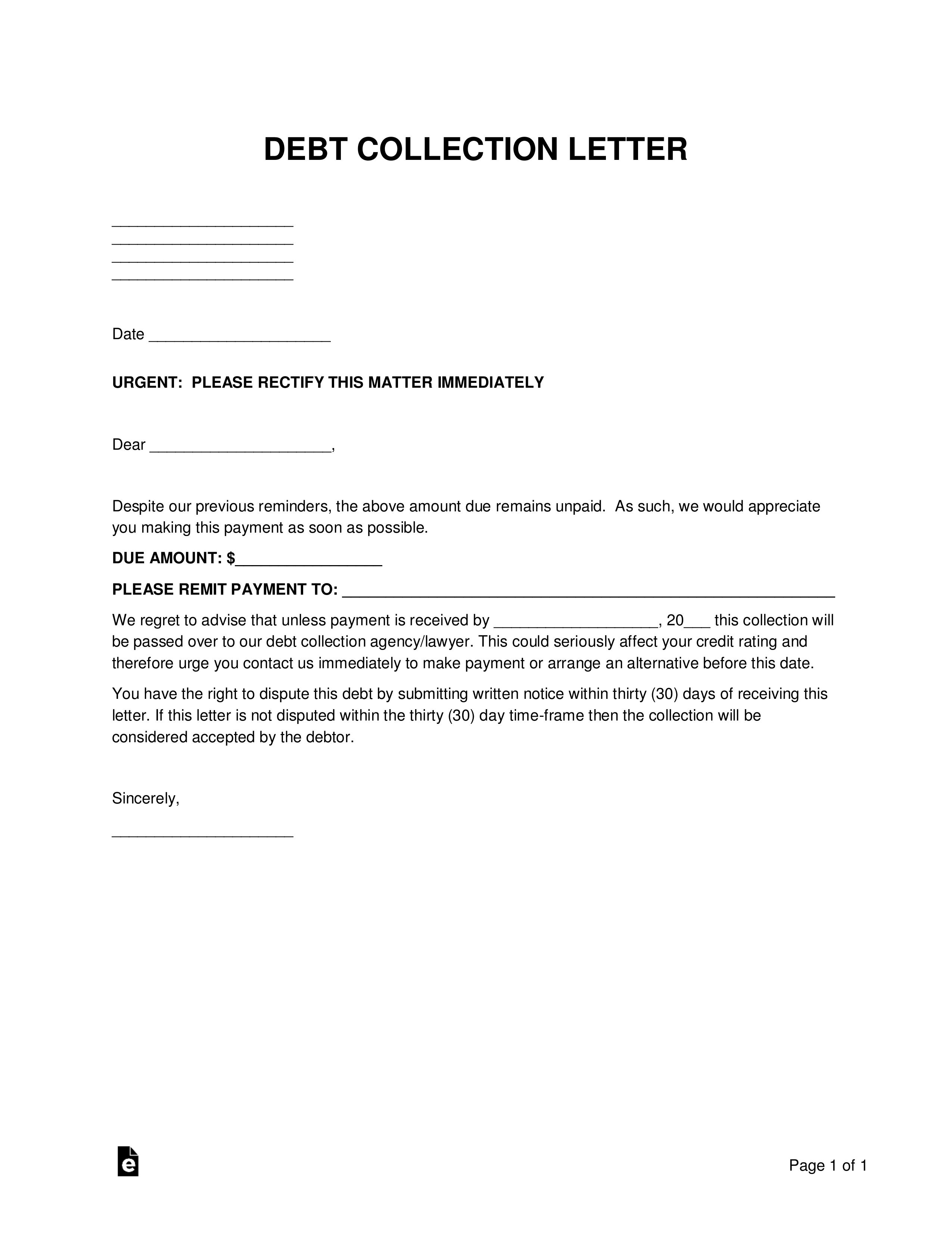
Although a collection agent can be a tremendous help in collecting debts from customers, there are some things to consider before you hire one. Check to make sure that the agency you are considering hiring is licensed and bonded. You can also look for references. Secondly, you should be sure that the collectors are well-trained and skilled negotiators.
Licensing
Before you are allowed to work as a debt collector agency, you must be licensed. Many states require licensed agencies have a resident manager, a physical office and a bond against loss. Depending on the state, the application fee can be up to $1,500. Licenses in most states need to be renewed either annually or biannually. Failure to renew an active license could result in civil or penal penalties. The statutes that govern this license are constantly changing, and it is important to make sure your collection agency is up to date.
The requirements for obtaining licenses will vary depending on the state where you live, and the type or agency that you intend to run. You will need to have a bond if there are more than one location. It is important to ensure the safety of your clients and that you comply with all state regulations. It can also prevent any headaches down the road.

Bonding
If you plan to open a collection agency, you must submit a bond with the state. These bonds are set at the state level and are based on the financials of your business and your credit rating. You can apply for bonding by contacting a Bonding Services agent. In New York, there are various agencies you can choose from.
A collection agency bond serves two purposes: to protect clients' interests and to ensure legal operation of the agency. Failure to obtain a bond can result in a claim against the agency for violating state regulations. You can also use a bond to protect yourself against harassment and inappropriate threats to collect debt. You can find the requirements for collection agency bonds in each state's laws.
Prices
The cost of a collection agent bond depends on many factors. First, the amount and legal precedent of each state will affect the bond's cost. The amount of insurance coverage for surety will also vary. Premiums will increase for higher insurance levels. The cost of a collection agency bond will be affected by the credit history and experience of the debt collector.
Another important consideration is whether or not the debt collection agency charges a flat rate or a contingency fee. Most cases the fees are based upon a percentage the amount that was recovered. You should remember that certain debts are more difficult to collect than others. An account with a low balance will have a higher cost than an account with high volume.

Credit scores and their effects
Credit scores can suffer from the effects of collection agencies. One missed payment reported to a collections agency can result in an immediate downgrade of about 110 points, while another missed payment could result in a 115-point drop. There are many factors that affect the impact of a collection agency on credit scores.
The most important thing is when the debt became due. The greater the negative effect, the more recent the debt. Even a 90 day late payment can have a negative affect on your credit score.
FAQ
How does rich people make passive income from their wealth?
There are two methods to make money online. The first is to create great products or services that people love and will pay for. This is called "earning" money.
You can also find ways to add value to others, without having to spend your time creating products. This is known as "passive income".
Let's assume you are the CEO of an app company. Your job is developing apps. You decide to give away the apps instead of making them available to users. It's a great model, as it doesn't depend on users paying. Instead, you rely on advertising revenue.
In order to support yourself as you build your company, it may be possible to charge monthly fees.
This is the way that most internet entrepreneurs are able to make a living. Instead of making money, they are focused on providing value to others.
What side hustles make the most profit?
Side hustle is an industry term that refers to any additional income streams that supplement your main source.
Side hustles are important as they can provide additional income for bills or fun activities.
Side hustles can also be a great way to save money for retirement, have more time flexibility, or increase your earning potential.
There are two types of side hustles: passive and active. Online businesses, such as blogs, ecommerce stores and freelancing, are passive side hustles. Active side hustles include jobs such as dog walking, tutoring, and selling items on eBay.
Side hustles are smart and can fit into your life. A fitness business is a great option if you enjoy working out. If you love to spend time outdoors, consider becoming an independent landscaper.
There are many side hustles that you can do. Look for opportunities where you already spend time -- whether it's volunteering or taking classes.
You might open your own design studio if you are skilled in graphic design. Or perhaps you have skills in writing, so why not become a ghostwriter?
No matter what side hustle you decide to pursue, do your research thoroughly and plan ahead. So when an opportunity presents itself, you will be prepared to take it.
Remember, side hustles aren't just about making money. They're about building wealth and creating freedom.
There are many ways to make money today so there's no reason not to start one.
What is the fastest way you can make money in a side job?
If you want to make money quickly, it's not enough to create a product or a service that solves an individual's problem.
You also have to find a way to position yourself as an authority in whatever niche you choose to fill. It means building a name online and offline.
Helping others solve problems is the best way to establish a reputation. Consider how you can bring value to the community.
After answering that question, it's easy to identify the areas in which you are most qualified to work. Online earning money is possible in many ways. However, these opportunities are often highly competitive.
However, if you look closely you'll see two major side hustles. The one involves selling direct products and services to customers. While the other involves providing consulting services.
Each approach has its advantages and disadvantages. Selling products and services provides instant gratification because once you ship your product or deliver your service, you receive payment right away.
The flip side is that you won't be able achieve the level you desire without building relationships and trust with potential clients. In addition, the competition for these kinds of gigs is fierce.
Consulting helps you grow your company without worrying about shipping goods or providing service. It takes more time to become an expert in your field.
You must learn to identify the right clients in order to be successful at each option. This can take some trial and error. But in the long run, it pays off big time.
What is personal financial planning?
Personal finance means managing your money to reach your goals at work and home. This includes understanding where your money is going and knowing how much you can afford. It also involves balancing what you want against what your needs are.
By mastering these skills, you'll become financially independent, which means you don't depend on anyone else to provide for you. You can forget about worrying about rent, utilities, or any other monthly bills.
It's not enough to learn how money management can help you make more money. You'll be happier all around. Feeling good about your finances will make you happier, more productive, and allow you to enjoy your life more.
So, who cares about personal financial matters? Everyone does! Personal finance is the most popular topic on the Internet. According to Google Trends, searches for "personal finance" increased by 1,600% between 2004 and 2014.
Today's smartphone users use their phones to compare prices, track budgets and build wealth. These people read blogs like this one and watch YouTube videos about personal finance. They also listen to podcasts on investing.
In fact, according to Bankrate.com, Americans spend an average of four hours a day watching TV, listening to music, playing video games, surfing the Web, reading books, and talking with friends. It leaves just two hours each day to do everything else important.
Financial management will allow you to make the most of your financial knowledge.
What's the difference between passive income vs active income?
Passive income is when you earn money without doing any work. Active income requires hardwork and effort.
Active income is when you create value for someone else. You earn money when you offer a product or service that someone needs. This could include selling products online or creating ebooks.
Passive income is great because you can focus on other important things while still earning money. But most people aren't interested in working for themselves. They choose to make passive income and invest their time and energy.
The problem is that passive income doesn't last forever. If you hold off too long in generating passive income, you may run out of cash.
In addition to the danger of burnout, if you spend too many hours trying to generate passive income, So it's best to start now. If you wait to start earning passive income, you might miss out opportunities to maximize the potential of your earnings.
There are three types to passive income streams.
-
Businesses - these include owning a franchise, starting a blog, becoming a freelancer, and renting out the property such as real estate
-
These include stocks and bonds and mutual funds. ETFs are also investments.
-
Real Estate: This covers buying land, renting out properties, flipping houses and investing into commercial real estate.
How much debt can you take on?
It is important to remember that too much money can be dangerous. Spending more than you earn will eventually lead to cash shortages. Savings take time to grow. You should cut back on spending if you feel you have run out of cash.
But how much is too much? While there is no one right answer, the general rule of thumb is to live within 10% your income. You won't run out of money even after years spent saving.
This means that you shouldn't spend more money than $10,000 a year if your income is $10,000. You shouldn't spend more that $2,000 monthly if your income is $20,000 For $50,000 you can spend no more than $5,000 each month.
This is where the key is to pay off all debts as quickly and easily as possible. This includes student loans, credit card debts, car payments, and credit card bill. Once those are paid off, you'll have extra money left over to save.
It would be best if you also considered whether or not you want to invest any of your surplus income. You may lose your money if the stock markets fall. But if you choose to put it into a savings account, you can expect interest to compound over time.
Consider, for example: $100 per week is a savings goal. In five years, this would add up to $500. You'd have $1,000 saved by the end of six year. In eight years you would have almost $3,000 saved in the bank. When you turn ten, you will have almost $13,000 in savings.
In fifteen years you will have $40,000 saved in your savings. It's impressive. You would earn interest if the same amount had been invested in the stock exchange during the same period. Instead of $40,000, your net worth would be more than $57,000.
You need to be able to manage your finances well. Otherwise, you might wind up with far more money than you planned.
Statistics
- U.S. stocks could rally another 25% now that Fed no longer has ‘back against the wall' in inflation fight (marketwatch.com)
- Shares of Six Flags Entertainment Corp. dove 4.7% in premarket trading Thursday, after the theme park operator reported third-quarter profit and r... (marketwatch.com)
- According to the company's website, people often earn $25 to $45 daily. (nerdwallet.com)
- Etsy boasted about 96 million active buyers and grossed over $13.5 billion in merchandise sales in 2021, according to data from Statista. (nerdwallet.com)
- As mortgage rates dip below 7%, ‘millennials should jump at a 6% mortgage like bears grabbing for honey' New homeowners and renters bear the brunt of October inflation — they're cutting back on eating out, entertainment and vacations to beat rising costs (marketwatch.com)
External Links
How To
You can increase cash flow by using passive income ideas
It is possible to make money online with no hard work. Instead, there are passive income options that you can use from home.
There may be an existing business that could use automation. Automation can be a great way to save time and increase productivity if you're thinking of starting a new business.
Automating your business is a great way to increase its efficiency. This allows you more time to grow your business, rather than run it.
A great way to automate tasks is to outsource them. Outsourcing allows your business to be more focused on what is important. Outsourcing a task is effectively delegating it.
This allows you to focus on the essential aspects of your business, while having someone else take care of the details. Outsourcing can make it easier to grow your company because you won’t have to worry too much about the small things.
A side hustle is another option. Using your skills and talents to create a product or service that can be sold online is another way to generate extra cash flow.
Articles are an example of this. There are many places where you can post your articles. These websites offer a way to make extra money by publishing articles.
It is possible to create videos. Many platforms enable you to upload videos directly onto YouTube or Vimeo. You'll receive traffic to your website and social media pages when you post these videos.
Stocks and shares are another way to make some money. Investing is similar as investing in real property. You get dividends instead of rent.
When you buy shares, they are given to you as part of your dividend. The amount you get depends on how many shares you purchase.
You can sell shares later and reinvest the profits into more shares. This way you'll continue to be paid dividends.